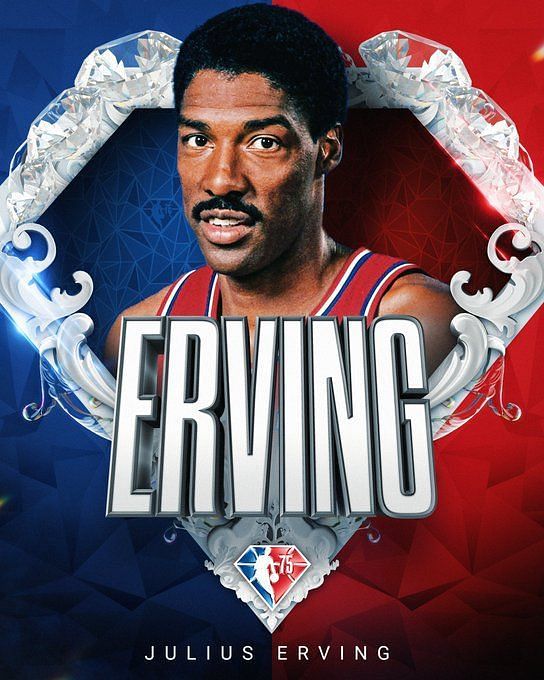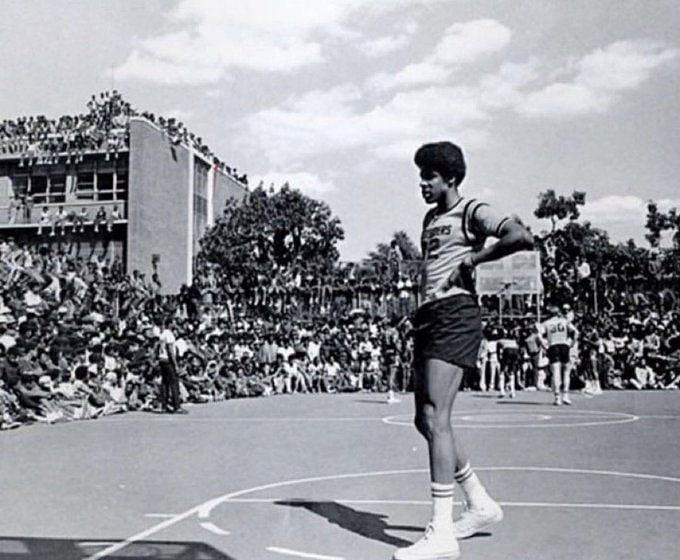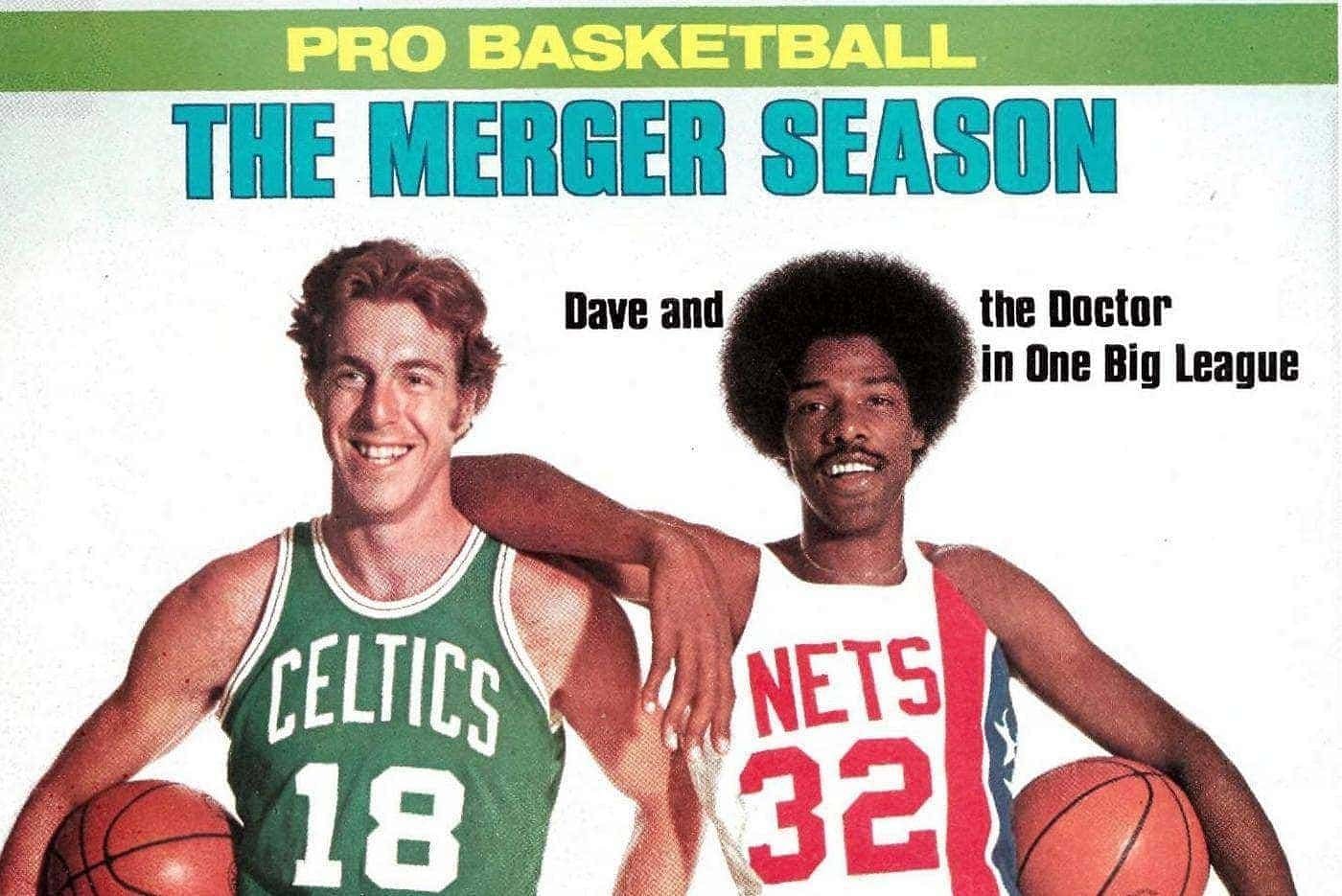
"Magic and Larry wouldn't get a chance to do that without Dr. J" - Former NBA player reveals Julius Erving was the driving factor behind the ABA-NBA merger
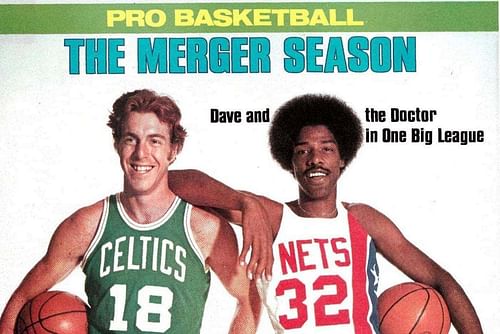
Before the NBA was the biggest basketball league in the world, it faced tough competition at home from none other than the ABA and its golden child, Julius Erving.
The American Basketball Association, or ABA, was a major men's professional basketball league from 1967 up until 1976. That's when it merged with the NBA to form the league as we know it today.
Four teams were absorbed into the league: the Denver Nuggets (formerly Rockets), the New York Nets, the Indiana Pacers and the San Antonio Spurs. The NBA also introduced the 3-point line, which was conceived by former ABA commissioner George Mikan, in 1979.
M.L. Carr, a two-time champion with the Boston Celtics, talked about the real reason behind the merger, which was held up by an antitrust lawsuit for years. On The Ringer's "Icons Club," Carr said:
"Magic (Johnson) and Larry (Bird) didn't get a chance to do that without Dr. J (Julius Erving). ... Dr. J threaded the two leagues together. The NBA didn't want the ABA to merge with them. They wanted Dr. J. We all knew that."
He then talked about what made the prospect of the merger so attractive:
"Julius gave the league an opportunity, because he was a really marketable guy that had splash and everything that he was bringing from the ABA."
Julius Erving was a three-time champion, four-time MVP and 16-time All-Star. He was inducted into the Hall of Fame in 1993.
Erving won championships with the New York Nets in the ABA in 1974 and 1976 and with the Philadelphia 76ers in 1983. He was the ABA MVP in the three years leading up to the merger (1973-76) and in the NBA in 1983. He was an All-Star in every year of his career, with his first five seasons in the ABA.
Julius Erving revolutionized the NBA
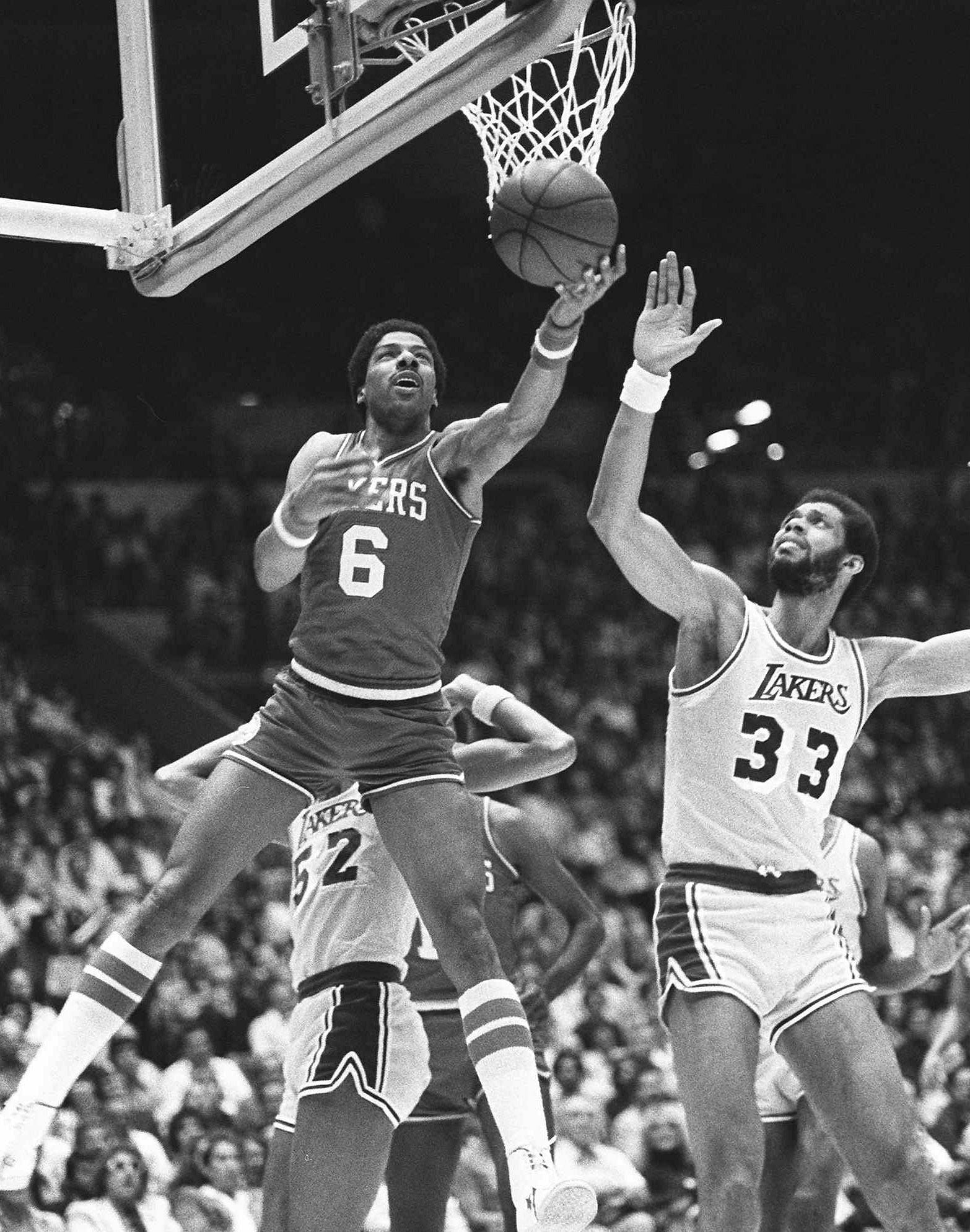
Dr. J was truly a revolutionary in the game of basketball. Almost all the showmanship we now see in the league can be traced back to Julius Erving.
"Rock The Baby," a move he first used in 1983; the reverse layup; and the dunk from the free-throw line were all introduced to the game by Erving.
The iconic scoop move is etched into the minds of many basketball fans, but what Dr. J did for the slam dunk deserves more attention than what he did for the reverse layup.
Erving won the league's (then ABA) first ever slam-dunk contest and was perhaps the first player to fly through the air from the free-throw line. But Dr. J pushed for the slam dunk to be included in the game as a utility and as a high-percentage field goal and not just for show.
His style of play has often been described as balletic. His rhythmic moves around the rim paved the way for post play for years to come.
